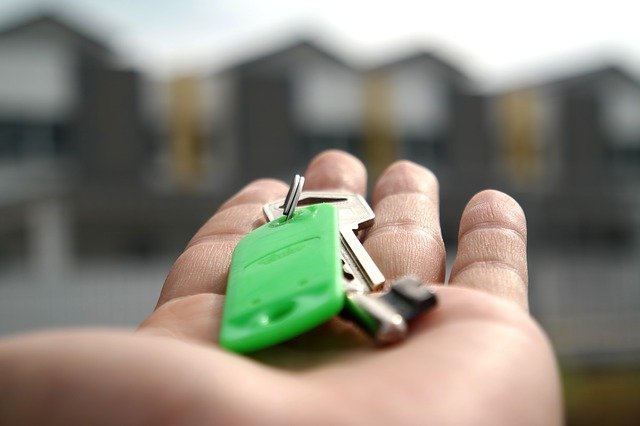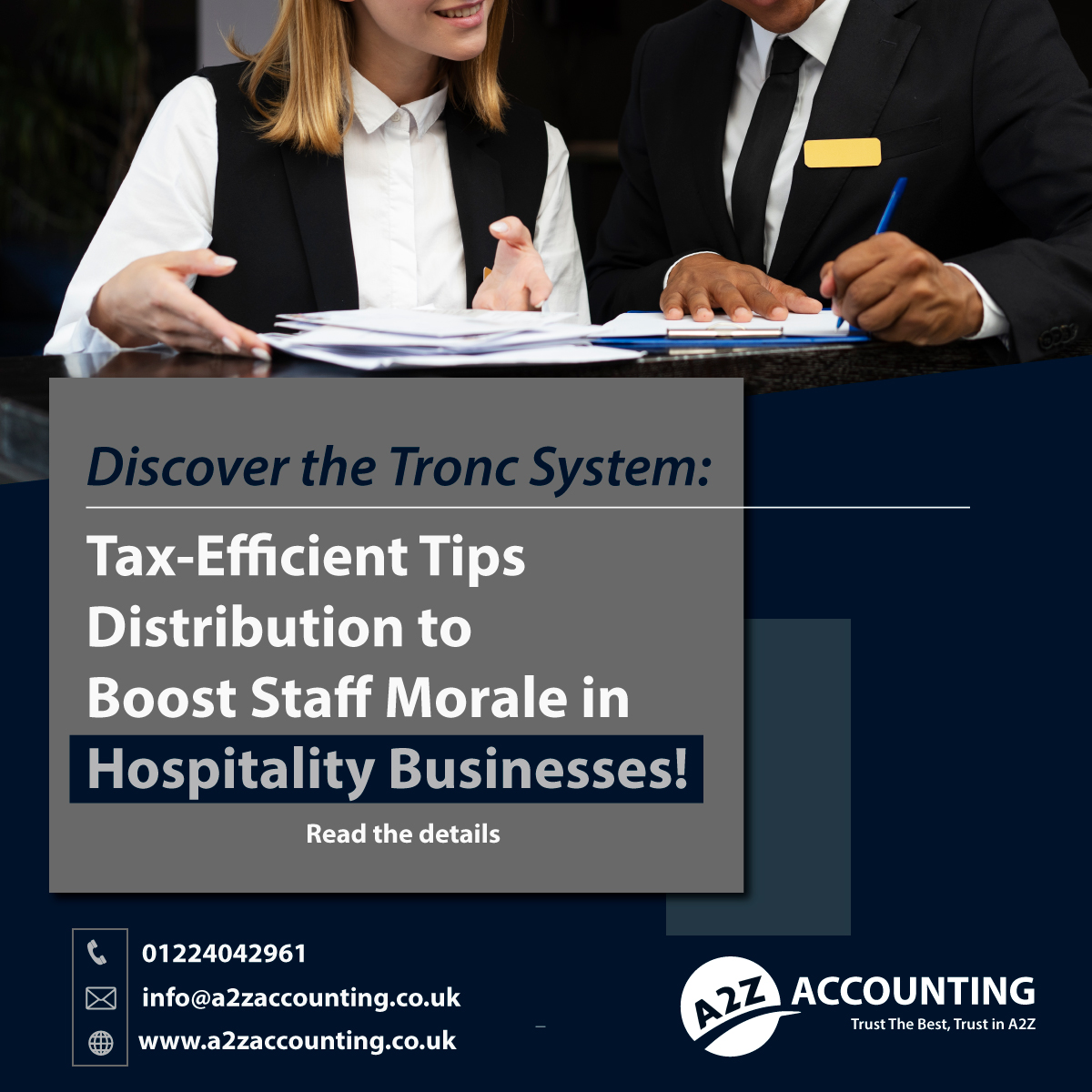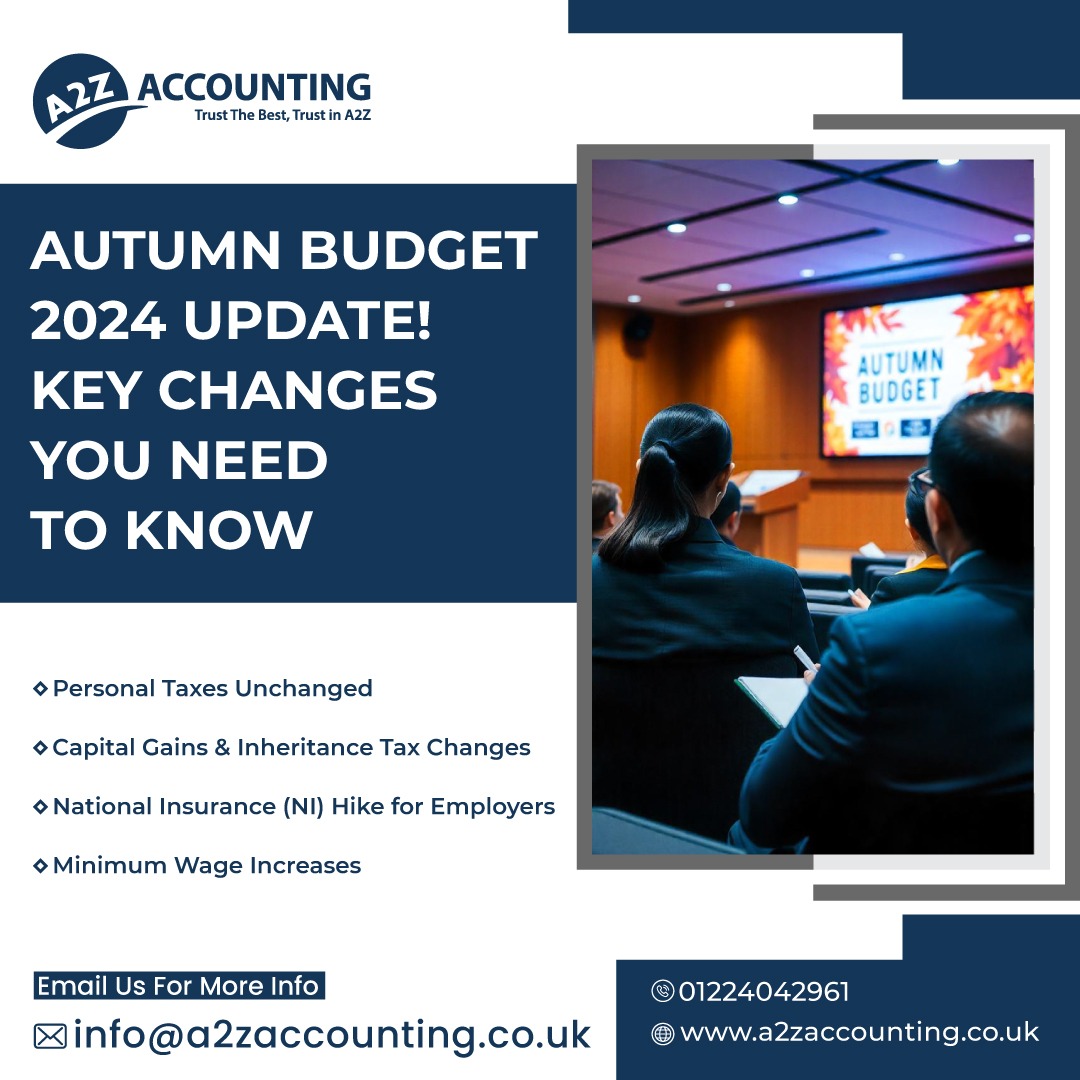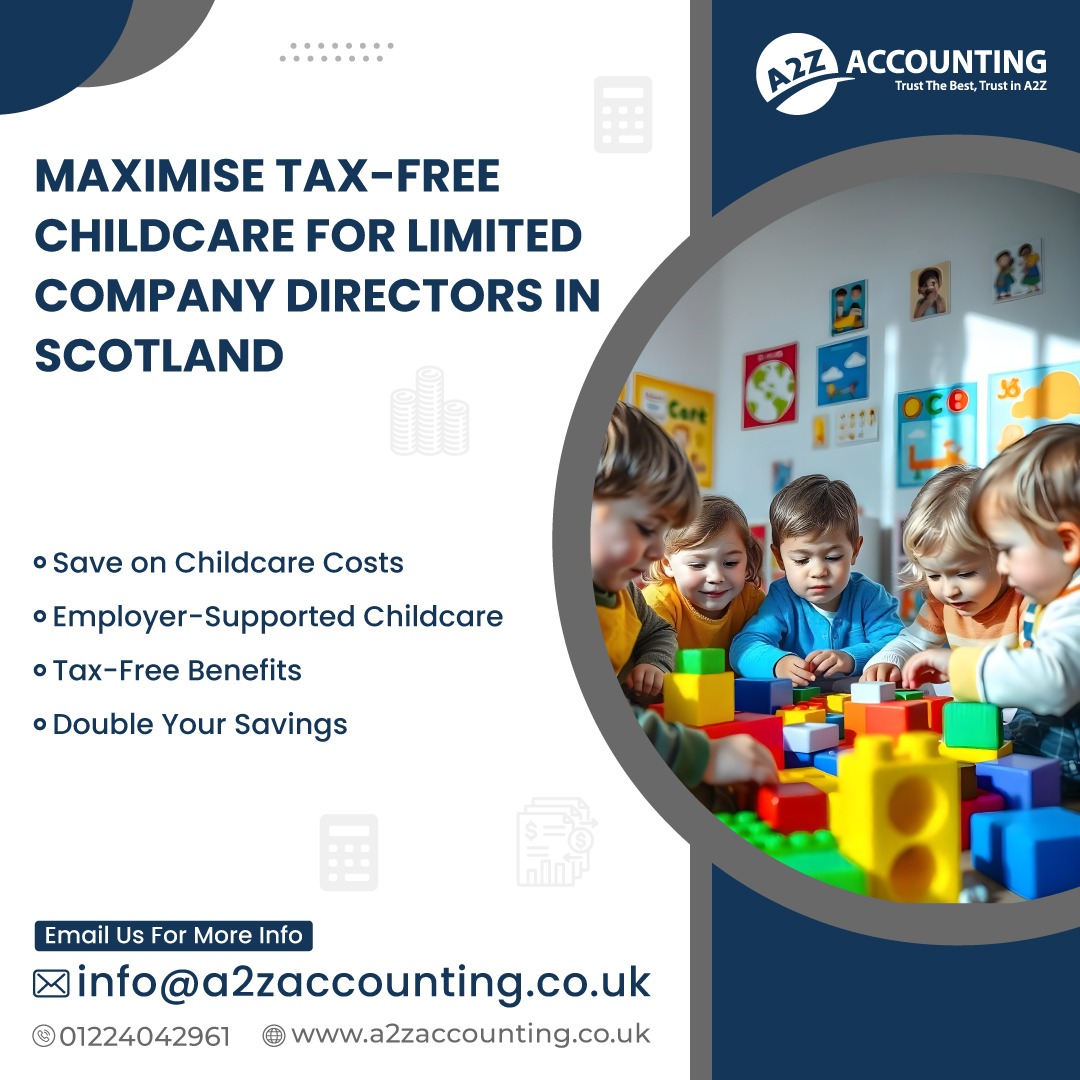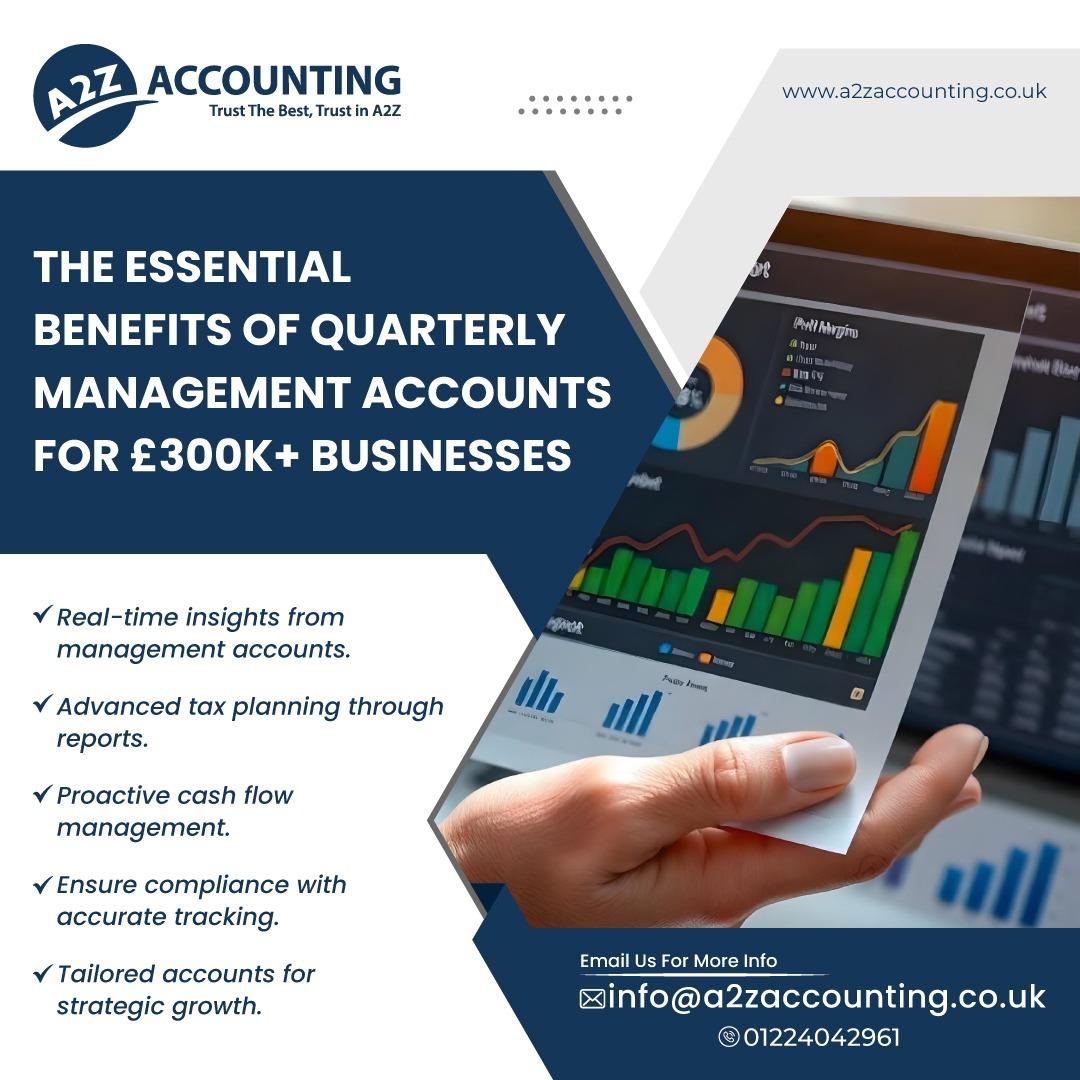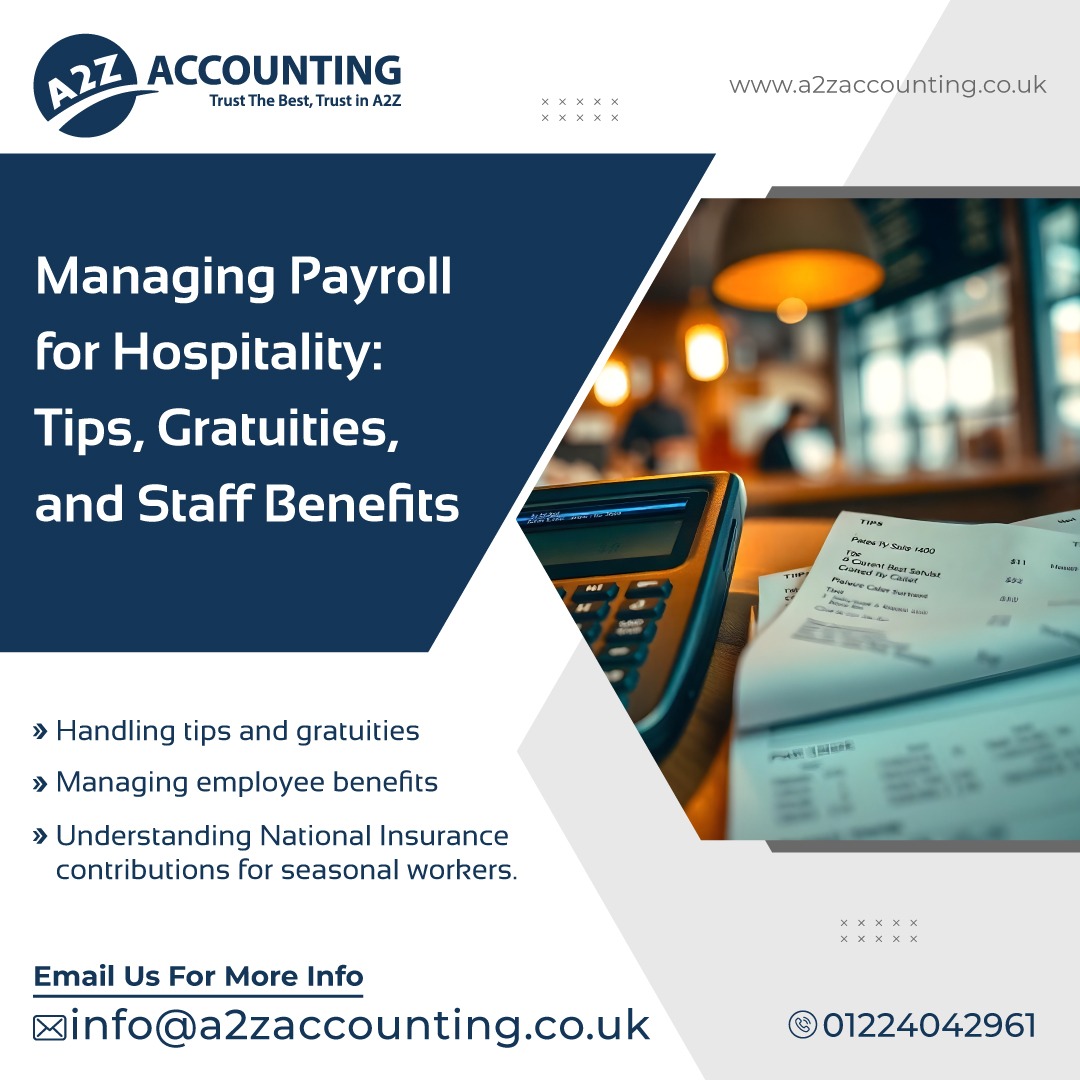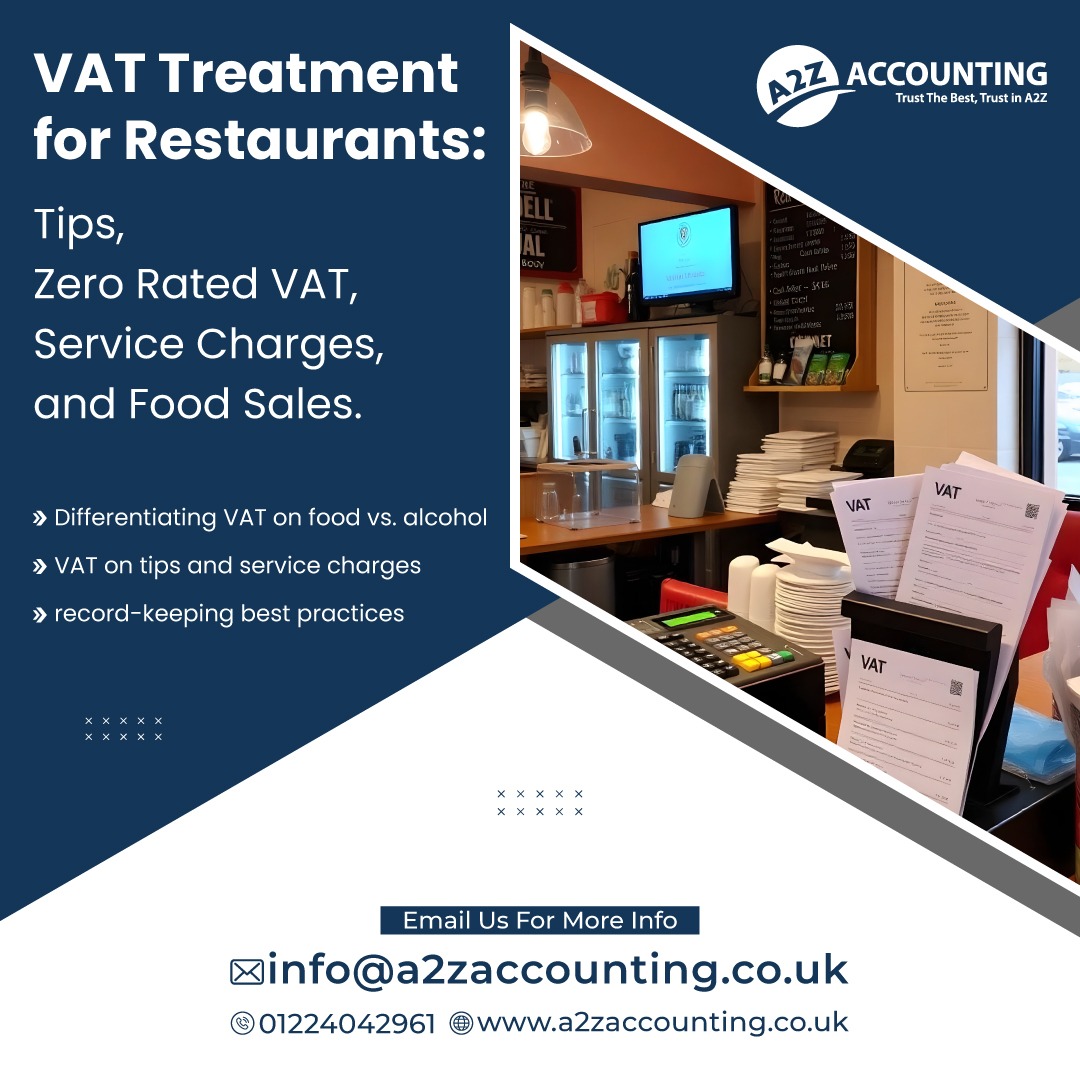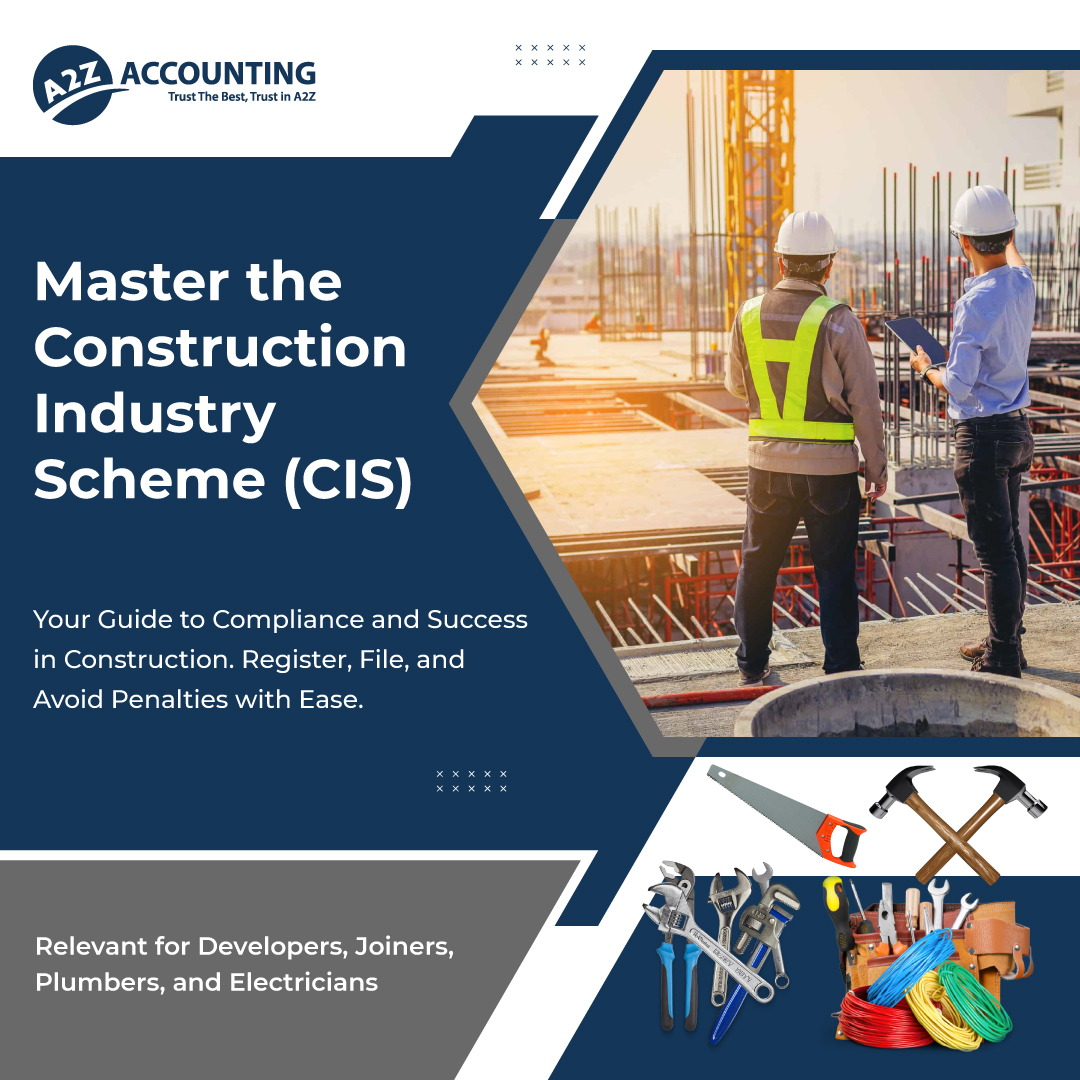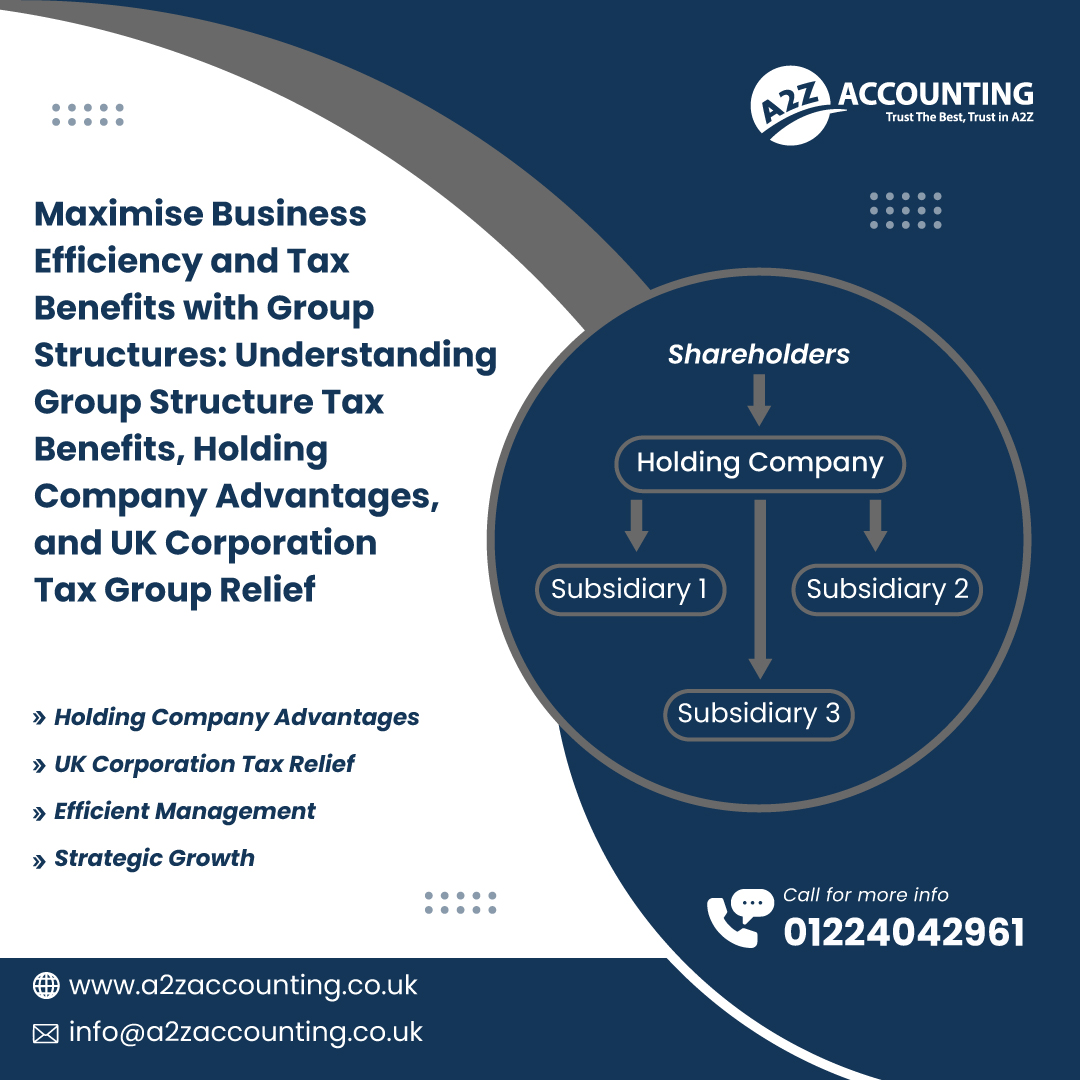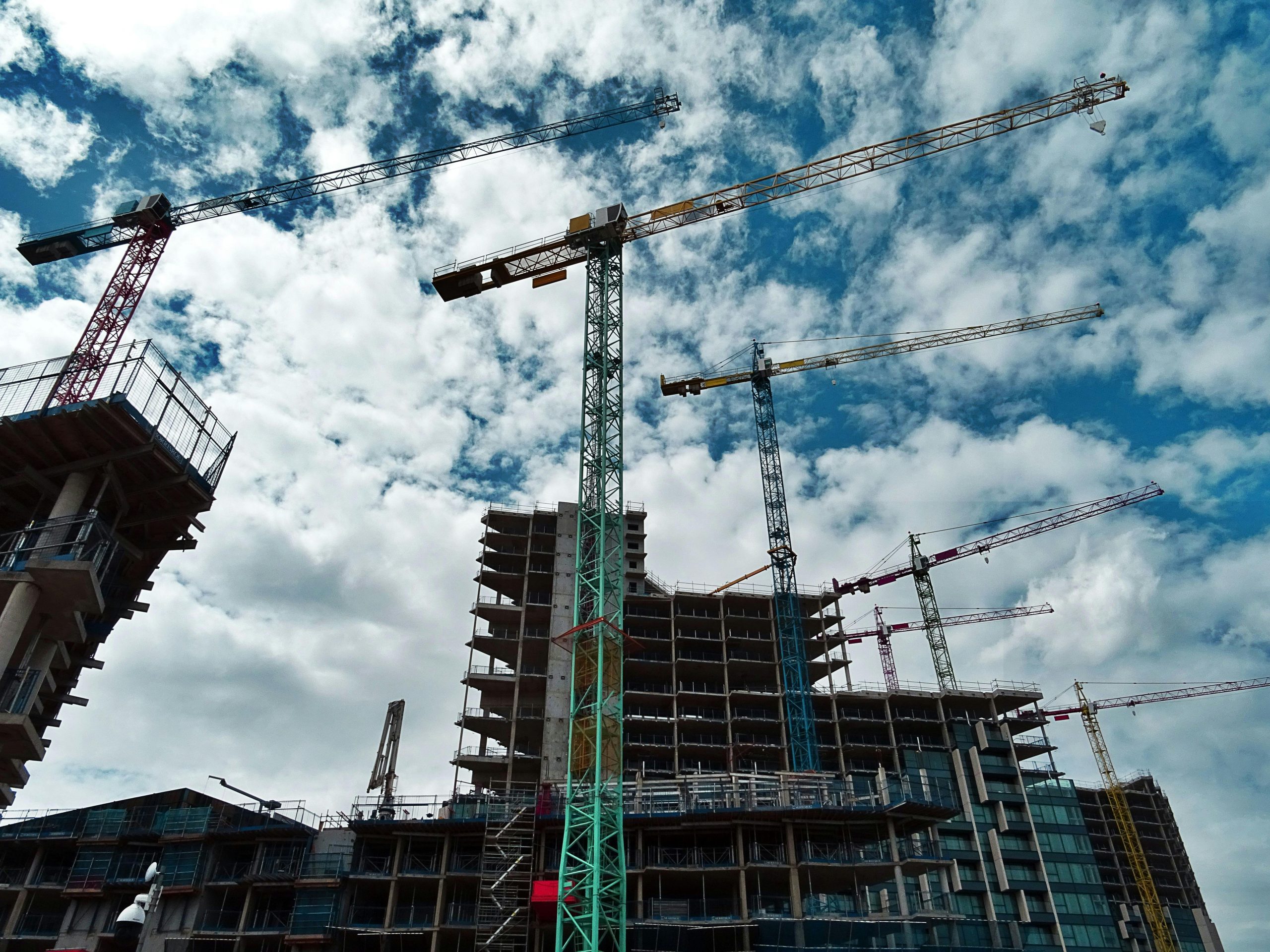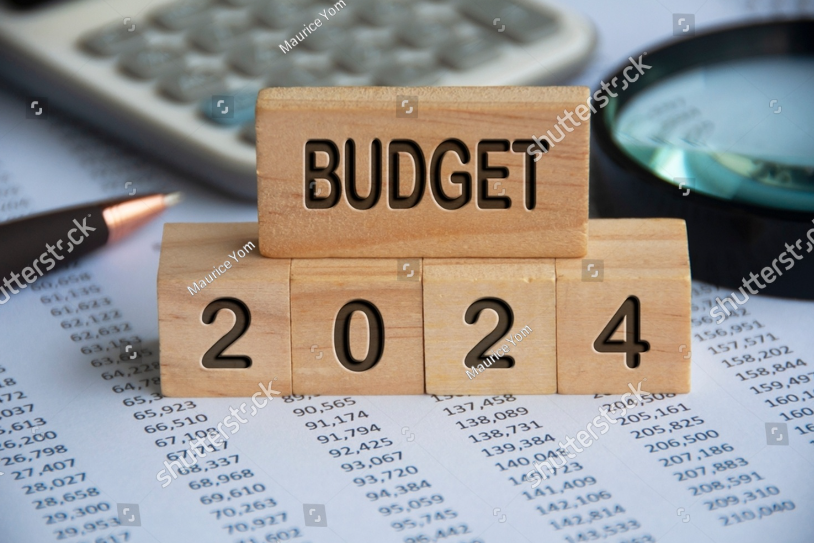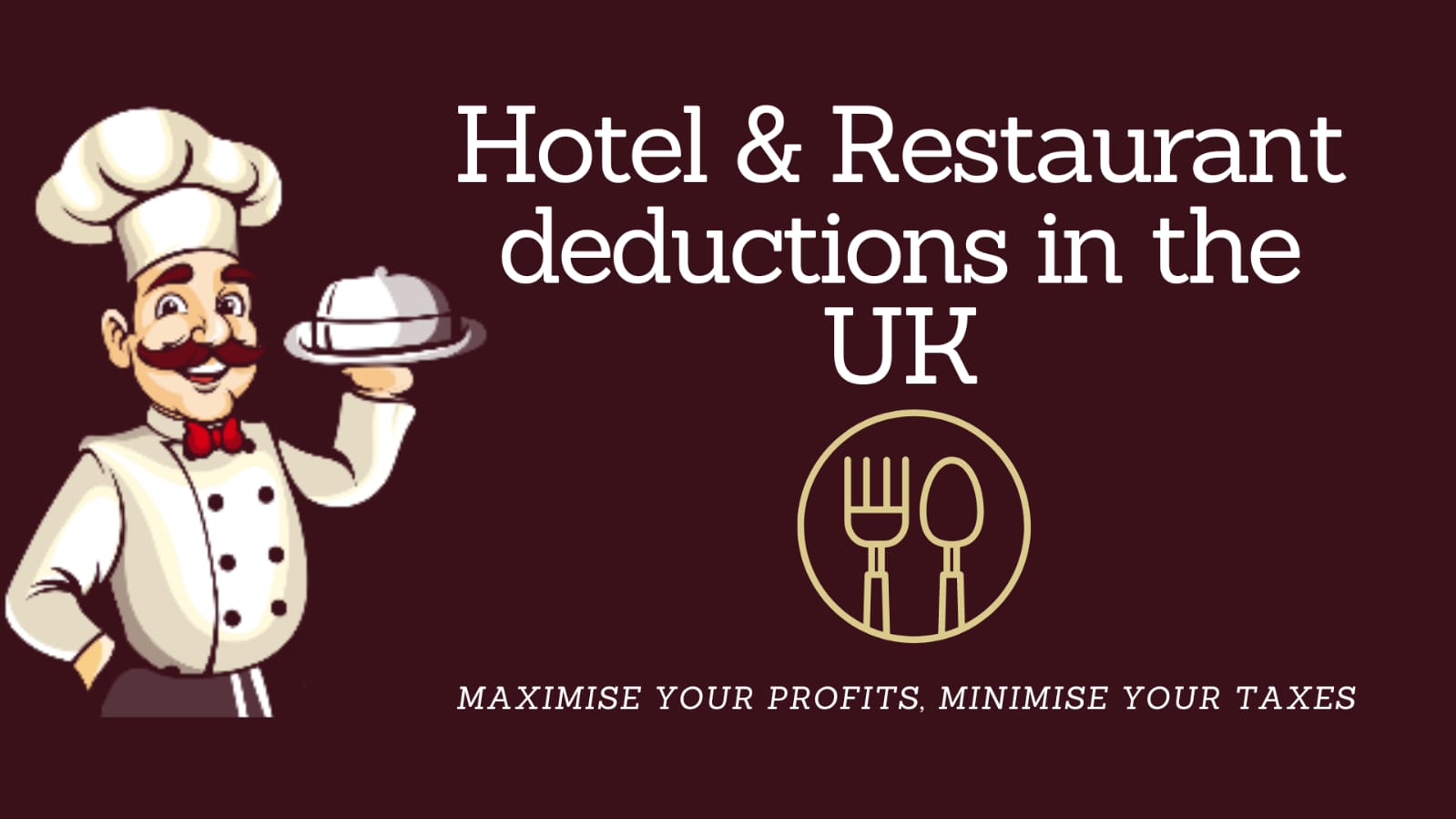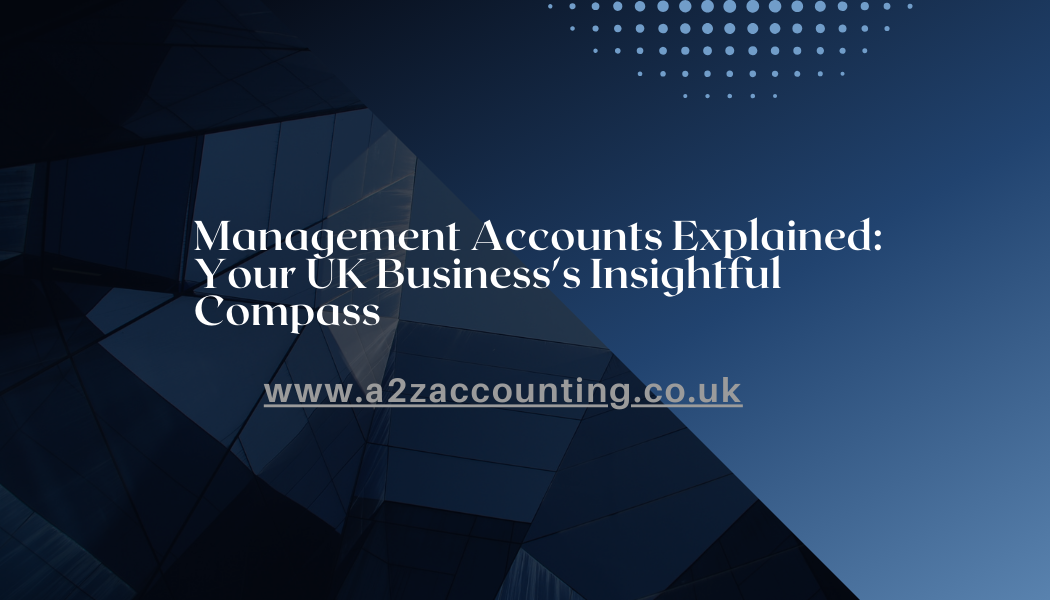If you’re a landlord about to buy a property to rent in Aberdeen or in Scotland, it’s important to consider tax rates in addition to your purchasing costs and solicitor’s fees. Read on to learn more about landlord tax in Scotland and the rest of the UK:
SRIT (Scottish Income Tax)
This is a Scottish only tax rate, different from the rest of the UK. The starter rate of 19% is payable on taxable income starting at £12,570.
As of 2022/2023, according to gov.scot, the income rates are as follows:
Taxable income | Band | Tax rate
Over £12,570 – £14,732 | Starter rate | 19%
Over £14,732 – £25,688 | Scottish basic rate | 20%
Over £25,688 – £43,662 | Intermediate rate | 21%
Over £43,662 – £150,000 | Higher rate | 41%
Above £150,000 | Top rate | 46%
LBTT (Land and Building Transaction Tax)
The LBTT is applicable to properties over a certain value. The current zero-tax threshold is £145,000, which means that properties under this value are not subject to tax. But what if the property is over that value? Look at the thresholds below for the required tax rate for each property value range:
Up to £145,000 | 0%
£145,000 – £250,000 | 2%
£250,001 -£325,000 | 5%
£325,001 – £750,000 | 10%
Over £750,000 | 12%
ADS (Additional Dwelling Supplement)
This tax applies to landlords with additional properties such as buy-to-lets and was introduced by the Scottish Government in April 2016. It applies to real estate valued at £40,000 or more and has a rate of 4%.
Income tax
When entering the buy-to-let market, the income you make on your property as a landlord influences the amount of tax paid to HMRC.
Income tax is calculated by adding all your rental income together and deducting all your allowable expenses for the year. The net rental income is the result that is taxable. The amount also depends on whether you’re a basic taxpayer (20%) or a higher rate taxpayer (40%).
As you may be aware, the first £1,000 of your rental income is tax-free, known as the ‘Personal Allowance’ in the UK.
If your net rental income is less than £2,500 but more than £1,000 in the tax year, you should contact HMRC to pay income tax, however, a full self-assessment tax return is not yet applicable.
However, if your net rental income is more than £2,500 (after allowable expenditure) and you don’t already complete a tax return, you need to register for self-assessment.
Please note that all residential properties bought under a limited company are subject to an ADS tax of 4% on purchase price if the purchase price is £40,000 or more.
Also, the tax deductibility of finance expenses of residential properties are restrictive and depends on the level of total income of the landlord from all sources.
Note, the above article is only relevant to residential properties. The treatment of commercial properties are different.
To know more about landlord tax and get tailored financial advice, please contact A2Z Accounting today.
